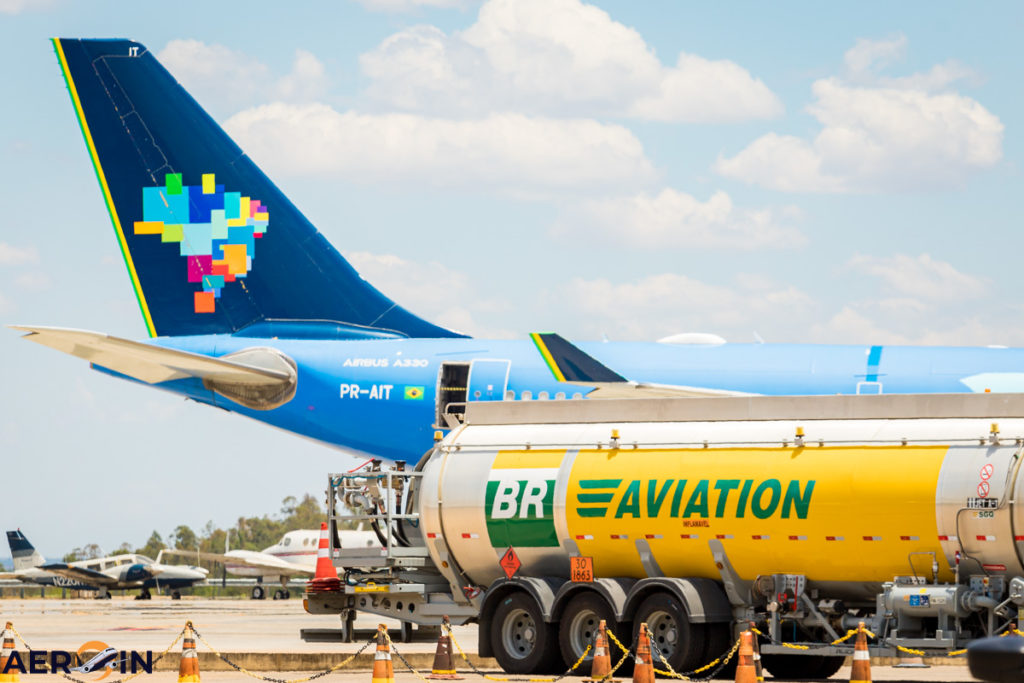A new law came into force in Brazil creating the National Biokerosene Program. The objective of such a program is to encourage the use of this sustainable fuel by Brazilian airlines.
Biokerosene is a type of biofuel that replaces aviation kerosene (known by the acronym QAV-1). It is produced from vegetable oils (such as soy), animal fats, urban waste, and other biofuels. Because it is renewable, it reduces the emission of air pollutants by aircraft.
Today, airplanes and helicopters use QAV-1 or aviation gasoline (GAV). This has different characteristics than the fuel used by automobiles.
As reported by our partner media in Brazil, Aeroin, Law 14.248 / 21 Law 14.248 / 21 was published on Friday (26) in the Official Gazette and there were no objections to the text. The rule comes from a Senate draft, approved in September by the Chamber of Deputies (PL 9321/17).
The mix
Pursuant to the law, the program will cover the development of technology to blend biokerosene with aviation kerosene, as well as the development of technology that guarantees the total substitution of fossil fuels.
The research, production, sale, and use of biokerosene should be promoted through tax incentives from the federal government and the allocation of federal resources, under special conditions.






